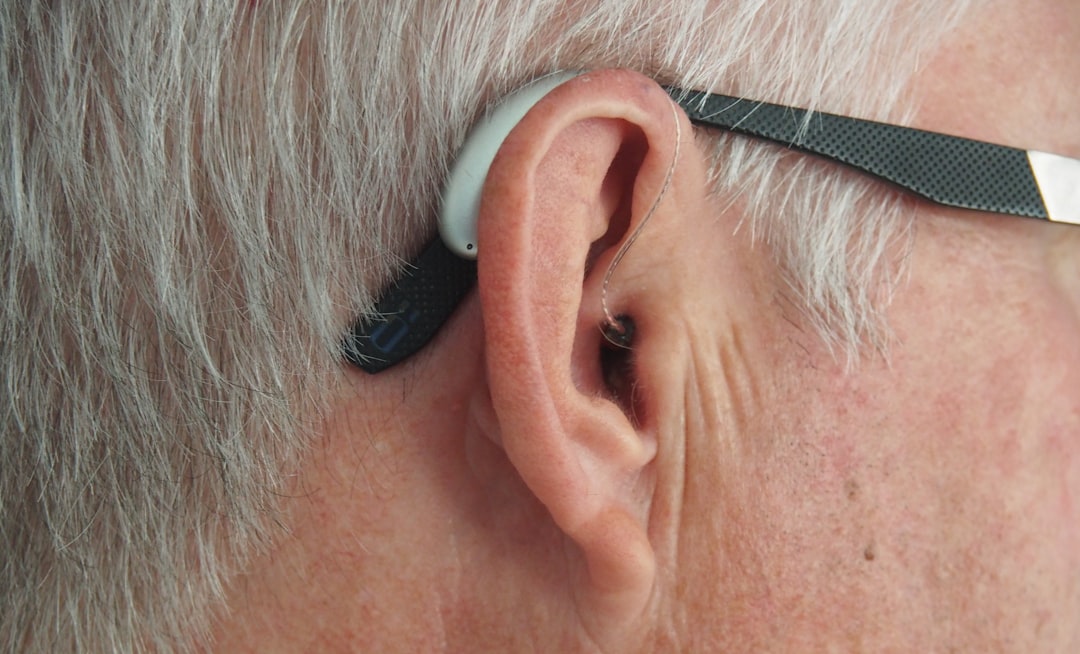What is it about?
The article concerns the measurement of vestibular perceptual thresholds, which assess the minimum motion that an individual can reliably perceive, and its sensitivity to various factors such as age, pathology, and postural performance. The study hypothesizes that perceptual responses are influenced by preceding trials and that cognitive biases tend to affect responses in the opposite direction of the prior response, but not the preceding stimulus. The study found that the presence of cognitive bias can result in an overestimation of thresholds if not accounted for in the analysis. The results also suggest that the magnitude of cognitive bias varies across individuals, and by incorporating an enhanced model that considers such effects, measurement variability can be reduced, and data collection efficiency potentially improved.
Featured Image

Photo by Franco Antonio Giovanella on Unsplash
Why is it important?
This article's significance lies in shedding light on the cognitive biases that affect our vestibular perceptual thresholds and the impact on data collection and interpretation. The study's findings suggest that our perception of motion is influenced by prior experiences, potentially leading to an overestimation of sensitivity thresholds if not accounted for. This discovery highlights the importance of considering cognitive biases when analyzing and interpreting vestibular perception data. By incorporating an enhanced model that accounts for cognitive biases, researchers can reduce measurement errors, leading to more accurate and reliable results.
Perspectives
The article provides a significant contribution to the field of vestibular perception by examining the impact of cognitive biases on the measurement of perceptual thresholds. The study's findings have practical implications in various fields, including clinical medicine, sports science, aviation, and space exploration, where accurate vestibular function assessment is crucial. The study's enhanced model for addressing measurement variability can improve the efficiency of data collection and ultimately lead to more accurate and reliable results. Overall, the publication highlights the importance of considering cognitive biases in vestibular perception research and provides a new approach to address the issue of measurement variability.
Elena Lopez-Contreras Gonzalez
Massachusetts Eye and Ear Infirmary
Read the Original
This page is a summary of: Your Vestibular Thresholds May Be Lower Than You Think: Cognitive Biases in Vestibular Psychophysics, American Journal of Audiology, April 2023, American Speech-Language-Hearing Association (ASHA),
DOI: 10.1044/2023_aja-22-00186.
You can read the full text:
Contributors
The following have contributed to this page










